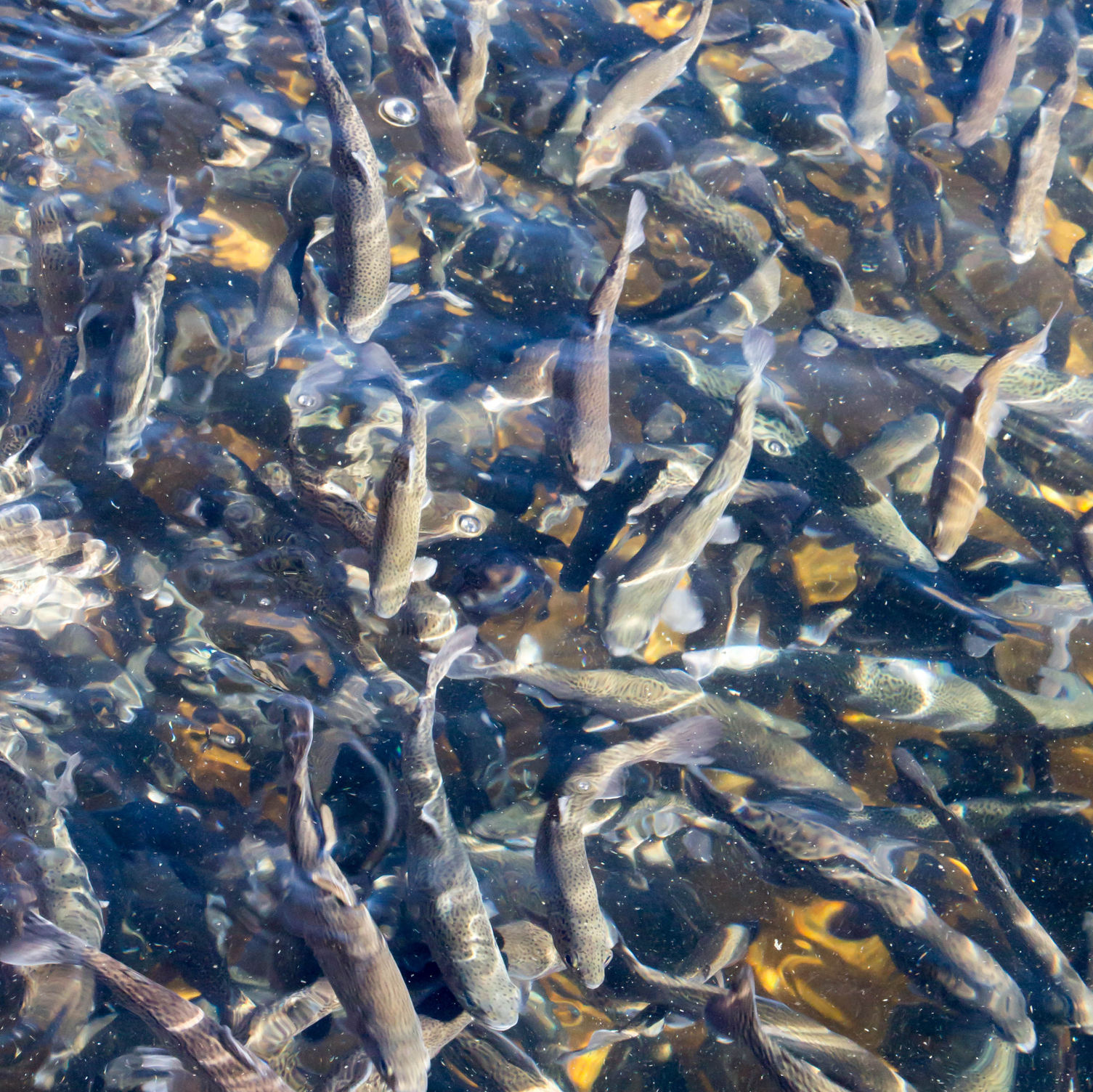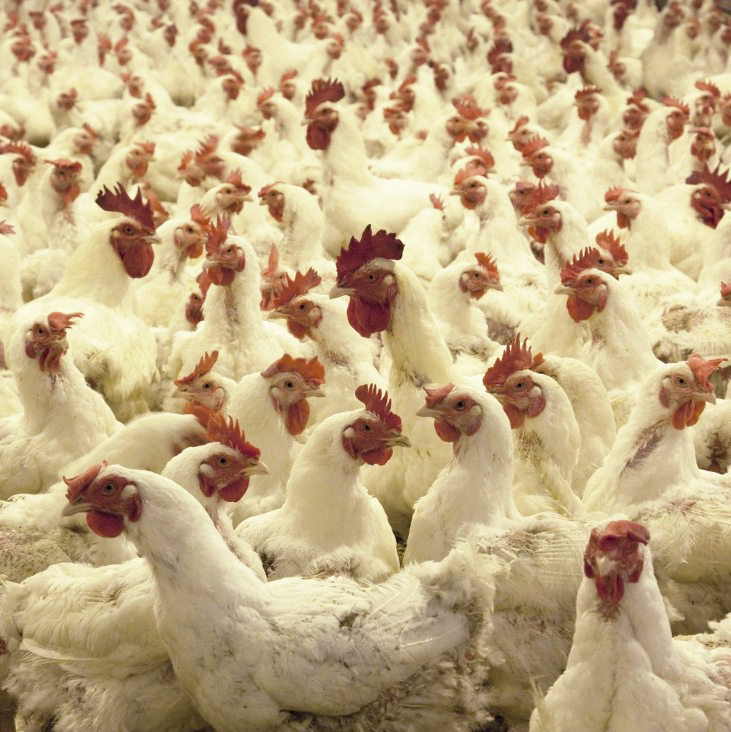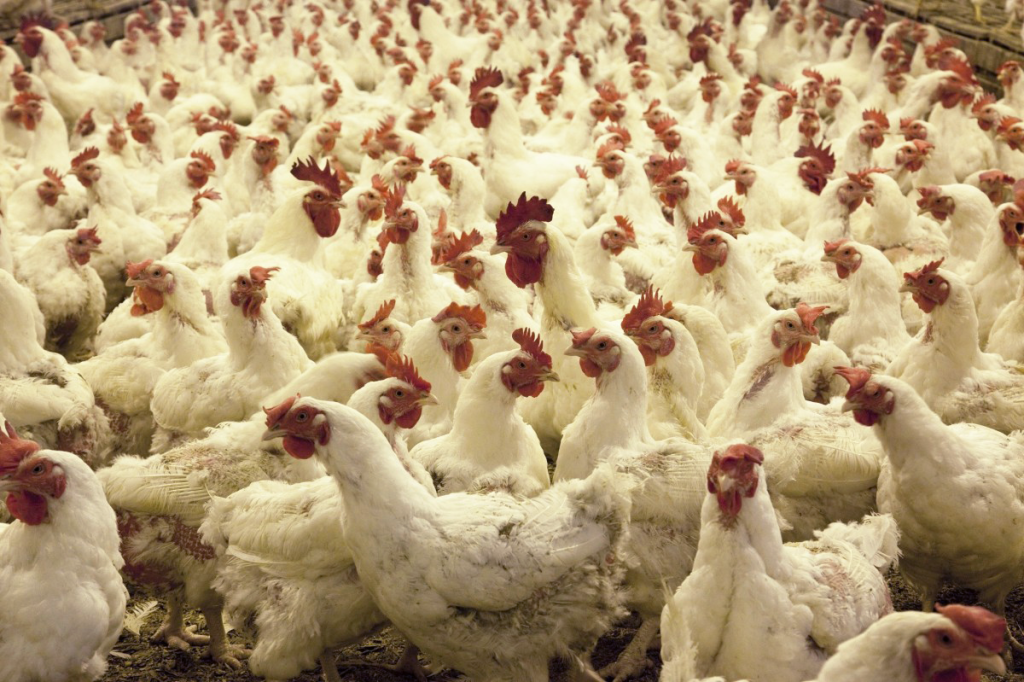
Stressful events during poultry farming have an impact on birds'
Physiological status
The transport of birds from the farm to the slaughtering house is known to induce stress on the animal. Birds are exposed to a variety of potential stress factors such as handling, feed withdrawal, noise, vibration, temperature oscillation, social disruption, crowding, and restriction of movement. Stressors involved in preslaughter handling procedures have been reported to induce changes in the behavioral and physiological status of broilers. This stress results in increased concentrations of corticosterone, changes in energy and protein metabolism, immunological challenges, increase of reactive oxygen species (ROS) level.
The consequences of stress on broilers impacts
Production performances
The impat of stress on birds’ health leads to an increase in mortality and live weight loss. The proportion of broiler chickens dead on arrival (DOA) has been reported to vary from around 0.15% to 0.67%, as many factors influence it as climate, distance, density and others. The live weight loss occurring during transportation, in normal feed withdrawal (8-12 hours), often range between 1.5 to 2%, in case of long feed withdrawal it can increase exponentially.
Many studies identify transportation as a major risk in relation to bird welfare as some of the 5 freedoms are disrupted during transport, but also as an important parameter on final meat quality.
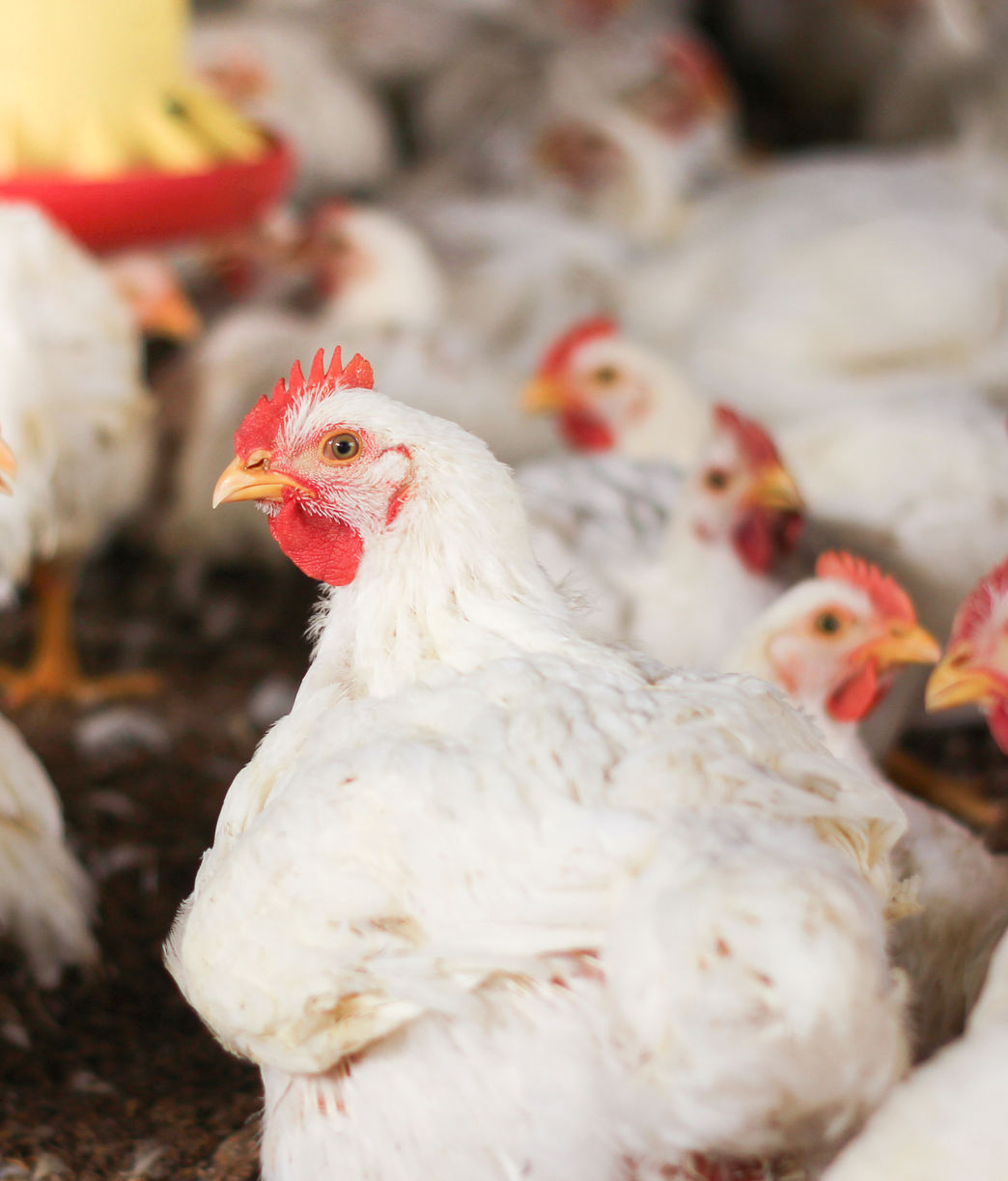
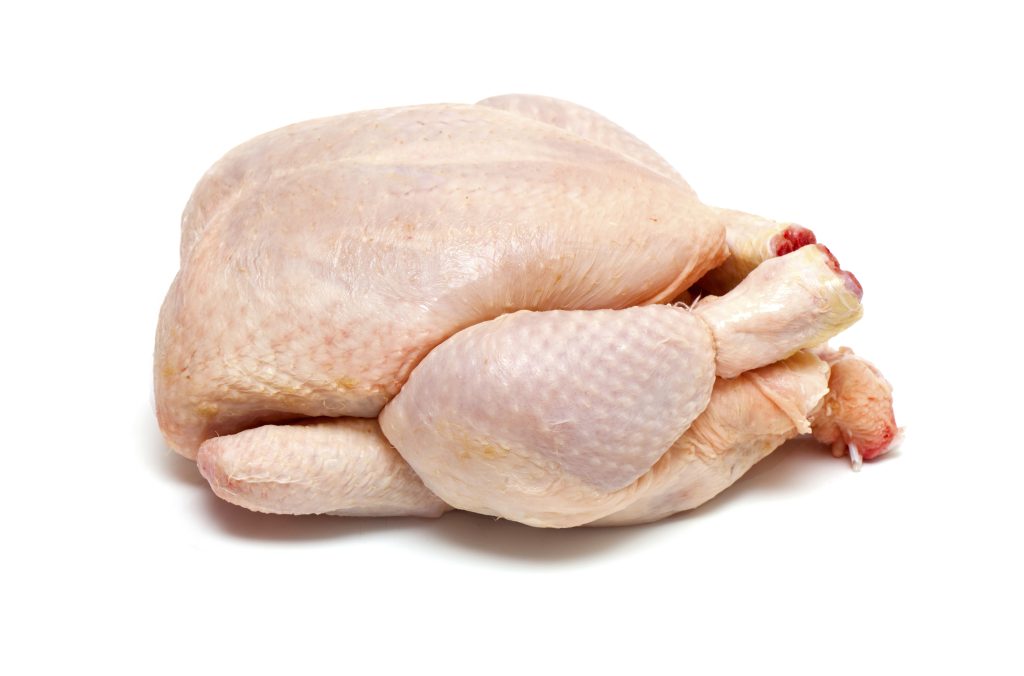
Stress during transport affects
Meat quality
Stress during transport results in visual carcass damage, bruising, and fractures, but also the decline of meat quality and the high incidence of meat anormalities such as pale, soft, and exudative (PSE) – like meat, white striping, wooden breast, as well as spaghetti meat. These impacts on meat quality are of major concern to poultry producers as they affect nutritional quality, appearance, and functional and technological properties, leading to important economic losses in addition to welfare disturbance. Transportation stress also favors endogenous microbial contamination of broilers, increasing microbial risk and endangering meat safety for the consumer.
Reducing stress impact on birds is a key step to improve animal welfare and increase the rate of Grade A quality meat. Plant extracts can be an efficient and natural way to help animals during stress, either by calming them or by efficiently compensating oxidative stress.
Melissa officinalis extract and magnesium combination to
Improve Meat quality
Nor-Feed carried out a study to evaluate the efficacy of Durelax® to improve carcass and meat quality after transportation.
60 000 broilers chicken (Ross 308) were randomly assigned to two groups:
· The control group (n=30 000) fed with a standard diet.
· The Durelax® group (n=30 000) fed with a standard diet and supplemented with Durelax® Liquid (1 liter for 1,000 liters of drinking water), 3 days before transportation to the slaughterhouse.
Carcass characteristics (skin aspect, hematomas on the wings, hematomas on the breast area, hematomas on the thighs, and injuries on the legs) were evaluated after slaughter. The quantity of Grade A meat (highest quality) was also monitored.
Results showed that Durelax® supplementation minimized injuries and reduced marks on chickens compared to the control group. As a result, Grade A meat was 10.4 % higher in the Durelax® group compared to the CTL group.
This trial illustrates the interest of Durelax® to calm animal naturally and contribute to animal welfare.
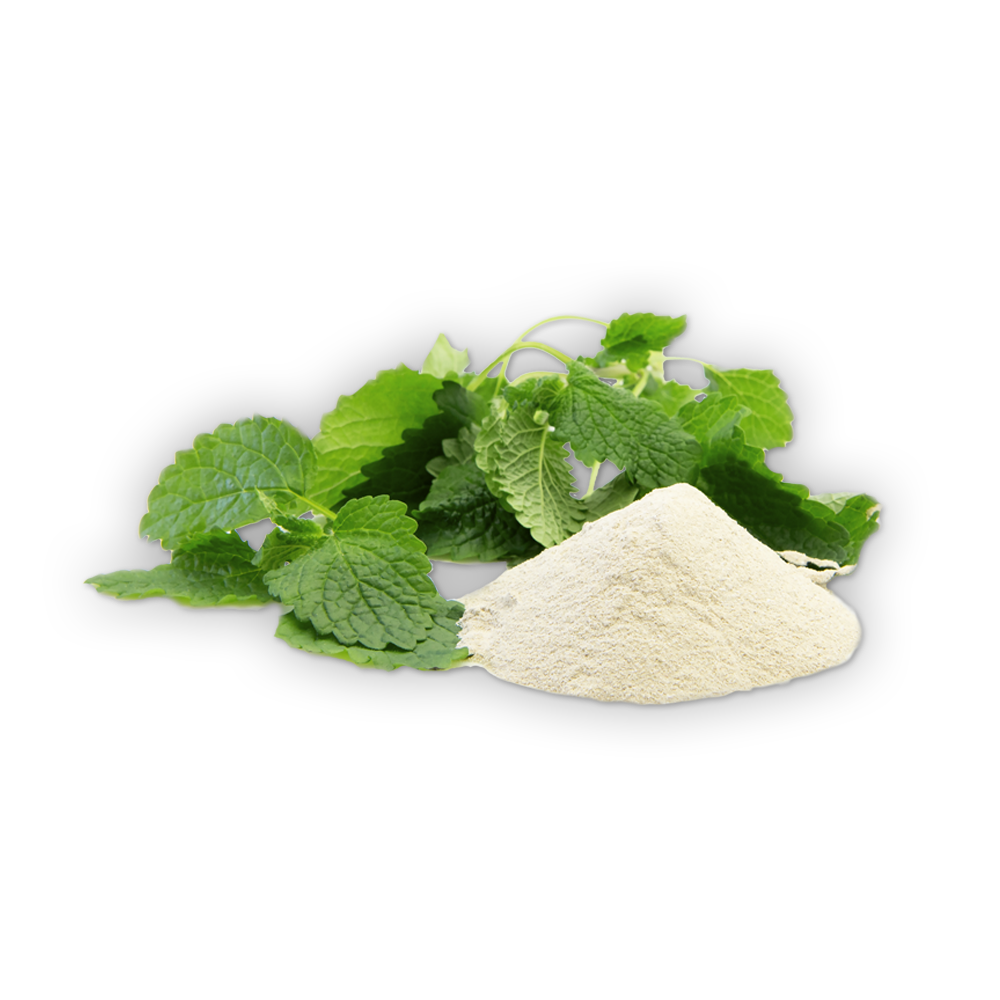
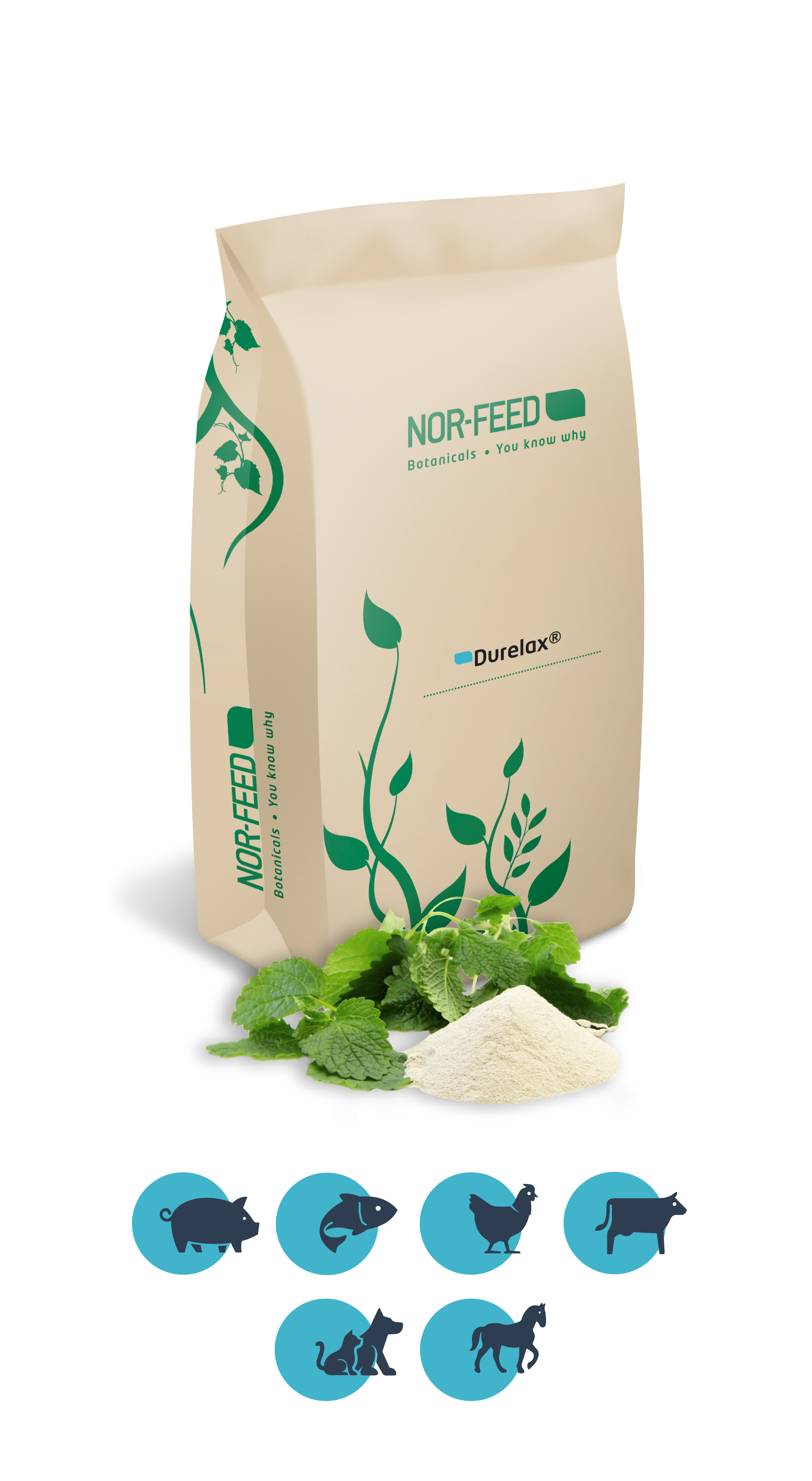
A unique combination of melissa extract and magnesium to calm animals naturally
Durelax®
Durelax® is a natural solution based on Melissa officinalis extract to reduce behavioral stress in farm animals.
- Calms animals naturally
- Contributes to the well-being of the animals
- Can be used in drinking water or in feed
- 100% natural
- Can be used in organic farming in the EU



